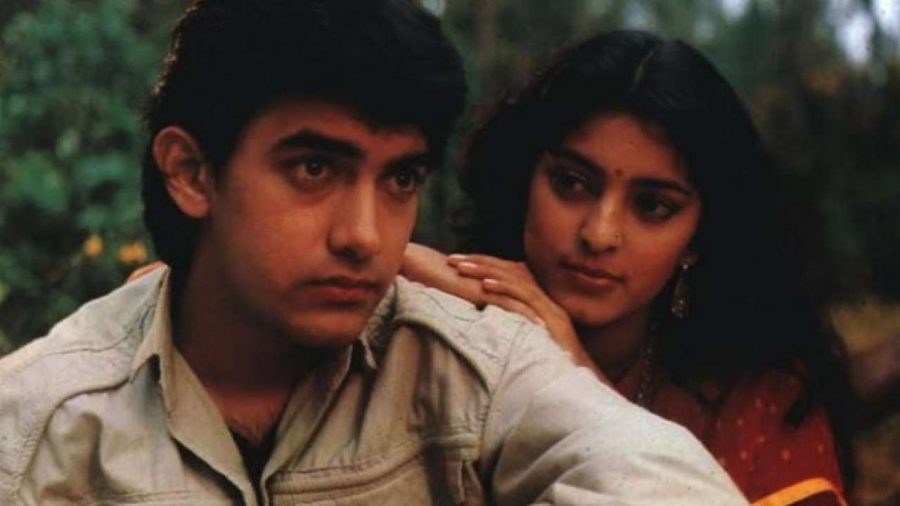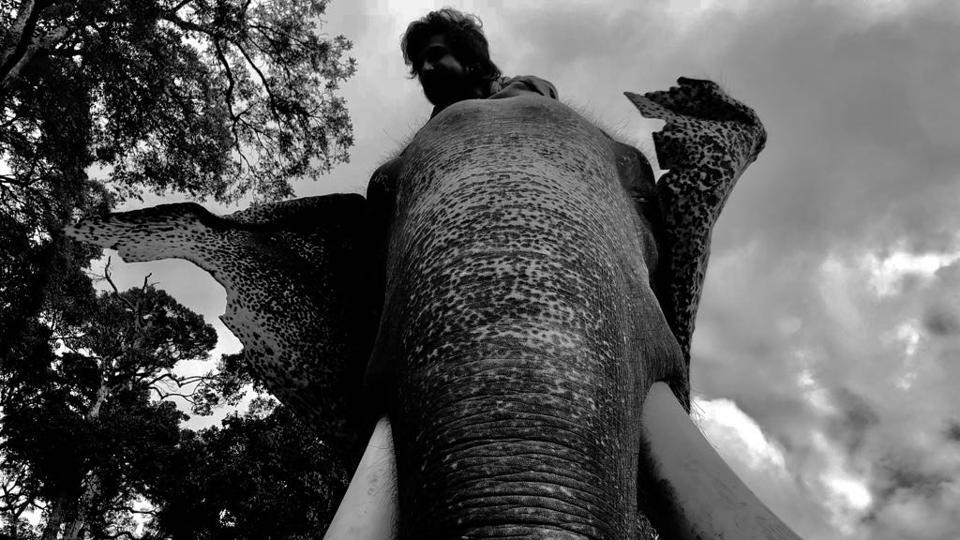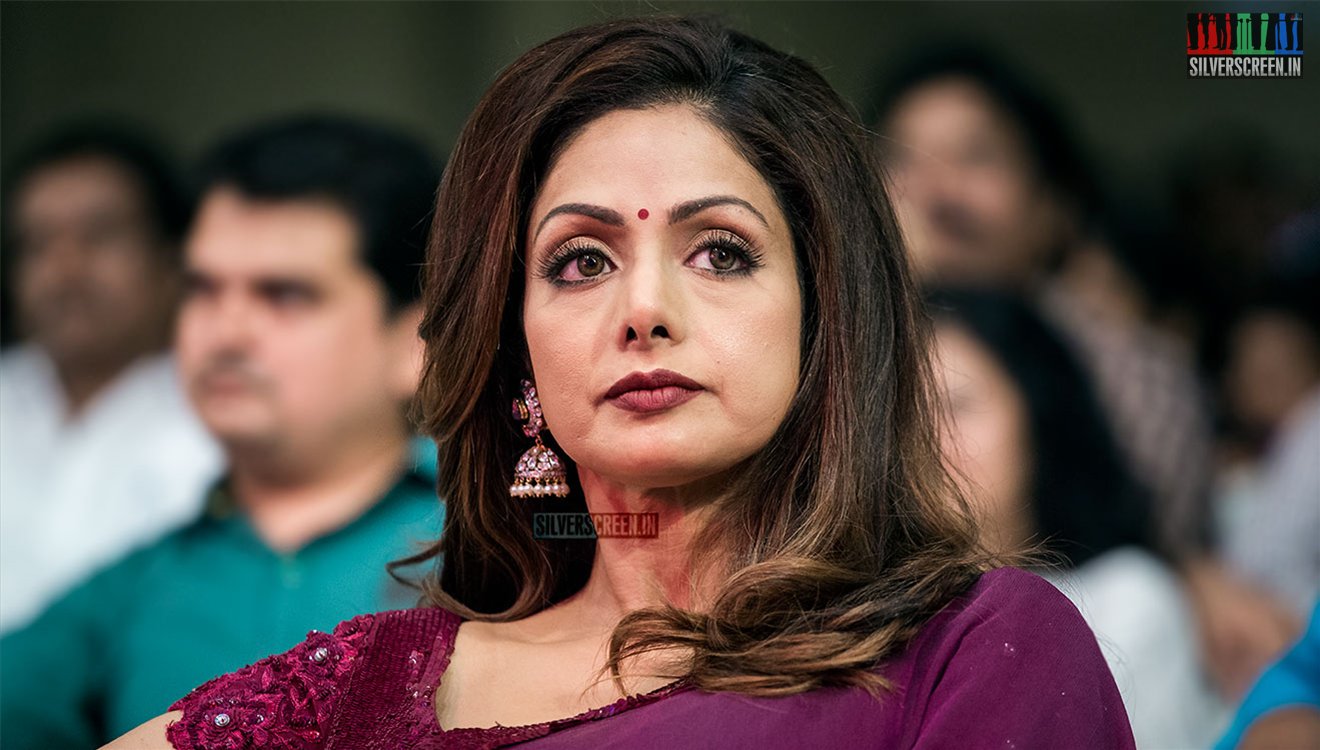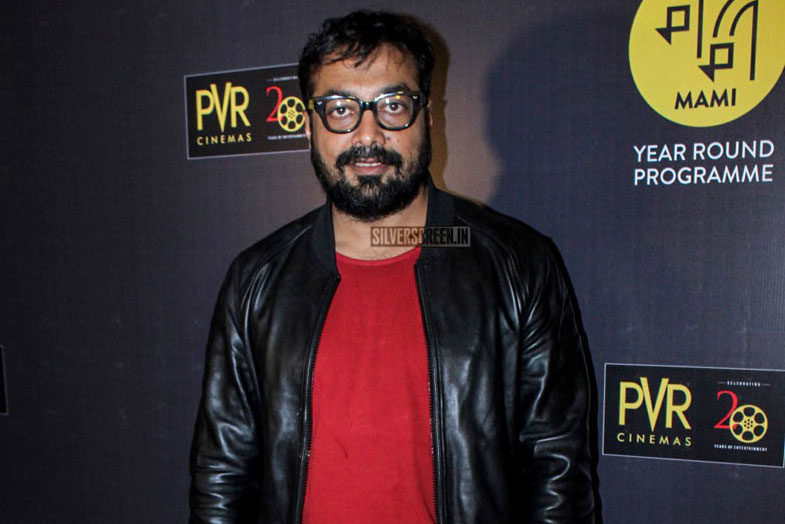Qayamat Se Qayamat Tak, that released 30 years back, resonated with many lovers and heartbroken souls back in the late 80s and 90s. It was recently brought to light that filmmaker Mansoor Khan had deliberately given the film a tragic ending. It wasn’t supposed to be that way considering he had a happy ending drafted already, he revealed.
“Although my father had initially planned to end the movie on a sad note, he seemed sceptical about the climax and asked us to shoot another ending. However, the flow of the movie gave a feeling that there might be some tragedy soon. Hence, I opted to close the movie the way Romeo and Juliet ended,” Mansoor said in a statement.
On the occasion of the film completing 30 years this year, we revisit the Aamir Khan and Juhi Chawla starrer, which was written and produced by the actor’s uncle, Nasir Hussain, and released in 1988. A blockbuster which catapulted the two leads to stardom, the plot was a modern-day take on classic tragic love stories inspired by the many popular tales we grew up on, like Laila-Majnu, Heer-Raanjha, and Romeo-Juliet.
***
QSQT, considered a milestone in the history of Hindi cinema, set the template for Bollywood musical romance films that went on to be experimented by many others in the 1990s.
Composed by Anand-Milind, the soundtrack of the film drew equal praise for being fresh and giving couples a song to remember their beloved. Regarded as one of the ’25 Bollywood must-sees’ by Indiatimes Movies, it’s no surprise the film won the National Film Award for Best Popular Film Providing Wholesome Entertainment and went on to win eight Filmfare Awards of the 11 nominations at the time.
In the late 1980s, Hindi cinema was experiencing a decline in the box office turnout due to increasing violence shown on-screen, decline in musical melodic quality, and rise in video piracy, leading to middle-class family audiences abandoning theaters. Film historian Gautam Chintamani’s book Qayamat Se Qayamat Tak: The Film That Revived Hindi Cinema (2016) credits the film for revitalising Hindi cinema. The film’s blend of youthfulness, wholesome entertainment, emotional dialogues and earworm-worthy melodies were instrumental in luring family audiences back to the theatres. Chintamani credits it as one of the most important films of the last three decades.
Talking about women empowerment and gender issues, Aamir had recently said, “Creative people do have a role to play in showcasing men and women in a manner that influences people in the right way. I do believe we have some sort of responsibility in that.”
How about bringing it first in Bollywood?
Excerpts:

p1

p2

p3

p4
Feature Image: DNA India



